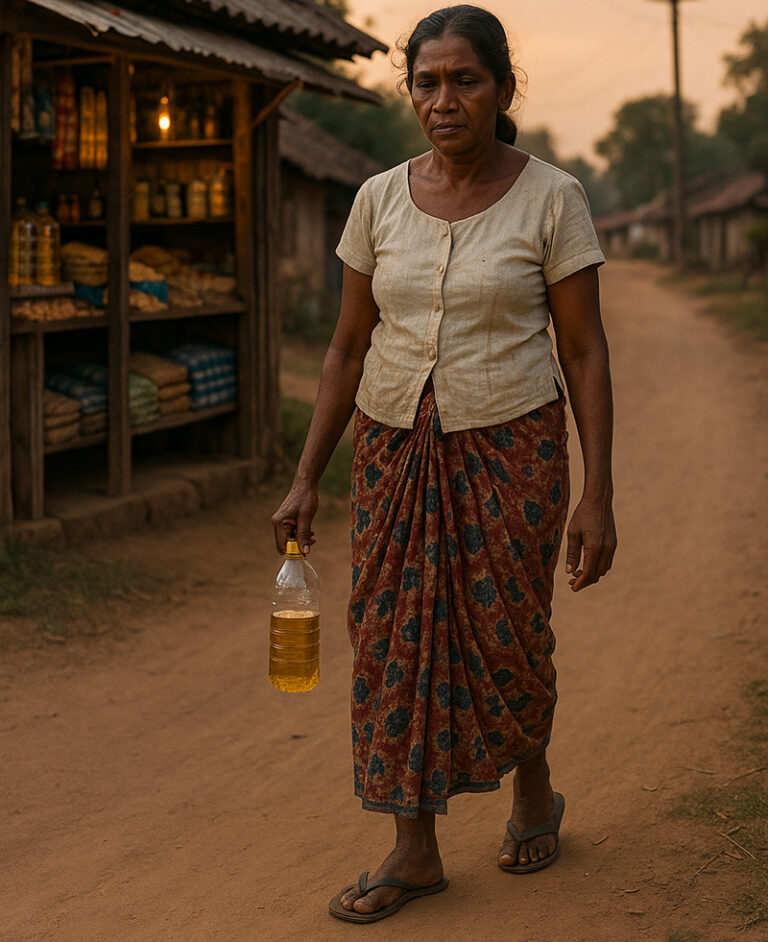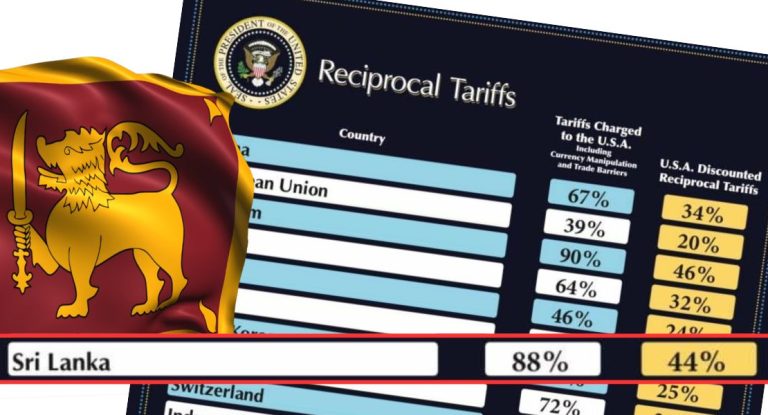In observance of the International Day in Support of Victims of Torture on June 26, 2024, it is imperative to highlight the urgent need for the effective implementation of anti-torture rules and regulations in Sri Lanka. This necessity is underscored by the recent landmark judgment delivered by the Matara High Court under the Convention Against Torture and Other Cruel, Inhuman or Degrading Treatment or Punishment Act No. 22 of 1994. In this case, three police officers, including the former Officer-in-Charge of the Tissamaharama Police, were sentenced to seven years of rigorous imprisonment for the abduction and torture of five individuals in 2003. The court also fined the police officers and mandated compensation of Rs. 500,000 to each victim, emphasizing accountability and justice for human rights violations.
Despite the enactment of the Torture Act No. 22 of 1994, which criminalizes torture and mandates severe penalties for such acts, reports and research indicate that torture remains a persistent issue within Sri Lanka’s law enforcement agencies. The act, which aligns with the United Nations Convention against Torture, stipulates imprisonment of 7-10 years and significant fines for perpetrators. However, compliance and enforcement continue to falter, as evidenced by numerous cases of police brutality and torture.
The recent judgment serves as a crucial reminder of the need for stringent enforcement of existing laws and the establishment of an independent authority to investigate allegations of police abuse. Such measures are essential to prevent torture and ensure that law enforcement officials uphold the human rights of all individuals. A recent incident involving the Medawachchiya police underscores the urgency of this issue. A 23-year-old youth was severely beaten by police officers during a vehicle stop, resulting in the removal of one of his testicles due to internal haemorrhage. This incident has led to the remanding of the involved officers and highlights the critical need for robust anti-torture enforcement in Sri Lanka.
From 2011 to 2017, the Human Rights Commission of Sri Lanka (HRCSL) received nearly 3,000 complaints of torture, indicating the prevalence of this issue. In 2022 alone, there were 588 complaints of torture, including those in custody. Since the enactment of the Torture Act, the Attorney General has filed 115 cases, resulting in around 35 convictions, demonstrating the ongoing struggle for justice and accountability.
As we mark this day of international solidarity, it is a call to action for the Sri Lankan government and judicial system to intensify efforts in eradicating torture and upholding the dignity and rights of all citizens. It is our collective responsibility to ensure that the victims of torture receive justice and that such heinous acts are prevented in the future. This involves not only the rigorous application of laws but also ongoing education, training, and oversight of law enforcement agencies. By reinforcing these measures, Sri Lanka can honour its commitments under international conventions and move towards a more humane and just society.







